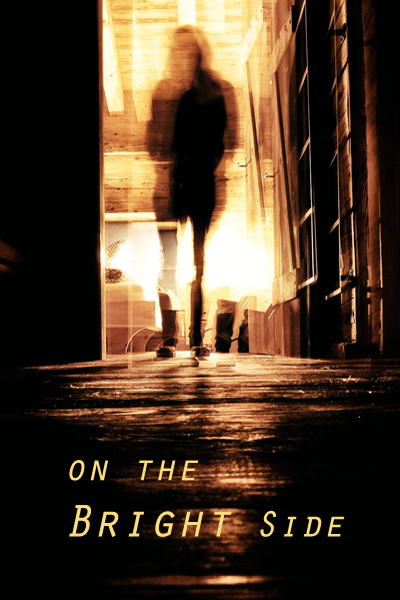

|
For seven years, dead girls came to my office. I made them come even if they didn't want to. They never wanted to. They came with their mothers or their grandmothers or aunts or whoever the state was paying to board them. They were six years old or sixteen, or something in between, but all of them were dead. I told the dead girls they had to tell me what killed them. I told them they had to so we could tell twelve strangers sitting in rows with pens and notepads. I told them they had to say exactly who put what inside where. I told them if they didn't then "he" might put his 'what' inside somebody else's 'where'; that if they didn't say it I might have to talk to another dead girl. Really, I was going to do that anyway. I lied to them that they wouldn't always be dead. I said it would all be over and they would be alive again, just as soon as the twelve strangers quit scribbling on their notepads and stopped voting on dinner, and pushed a buzzer in a little room. I asked all the dead girls what they wanted to do when they were alive again and grown up. If they told me, then I said that if they could imagine something later then there must be a later; an end to this and a beginning to that. All of these seemed like lies because later the 'who-put-what-in-where' didn't leave. The girls knew I was lying to them but we all felt it was necessary. Sometimes they just told me who put 'what' in 'where.' Sometimes they wouldn't say it and I had to make them. Some of them giggled when they said it, even when the 'what' was their father's or uncle's or brother's. I hated them when they giggled, even though they didn't mean anything by it. To get them talking, I told the dead girls they couldn't surprise me because I had already talked to almost all the dead girls in the world. I know every kind of 'what' that an uncle or brother has ever put inside 'where'. Once a ten year old said she bet I'd never heard of '69.' I'd never heard it from a ten year old. When the dead girls were a little older, I used to ask them what they wanted me to do to the ones who had put 'what' inside 'where.' I wish I hadn't asked them that. Who asks a girl how long her brother or father or uncle should to go to prison? Even if she is dead. After each of the dead girls had gone, their fathers or brothers or uncles or cousins were dealt with and new dead girls came to see me. But the girls were always still dead when they left my office. Once I saw a man who was dead and lying naked on a metal table. He had come to my office the afternoon before and he had been angry and slammed the door when he left. When the people in the room with the metal table turned him on his side, blood ran from his eyes. After I saw him, I left through the tunnel, passed the coroner's van and went out into the shaded lot. I felt good because the man on the metal table had been alive when he left my office. |
|
|
|